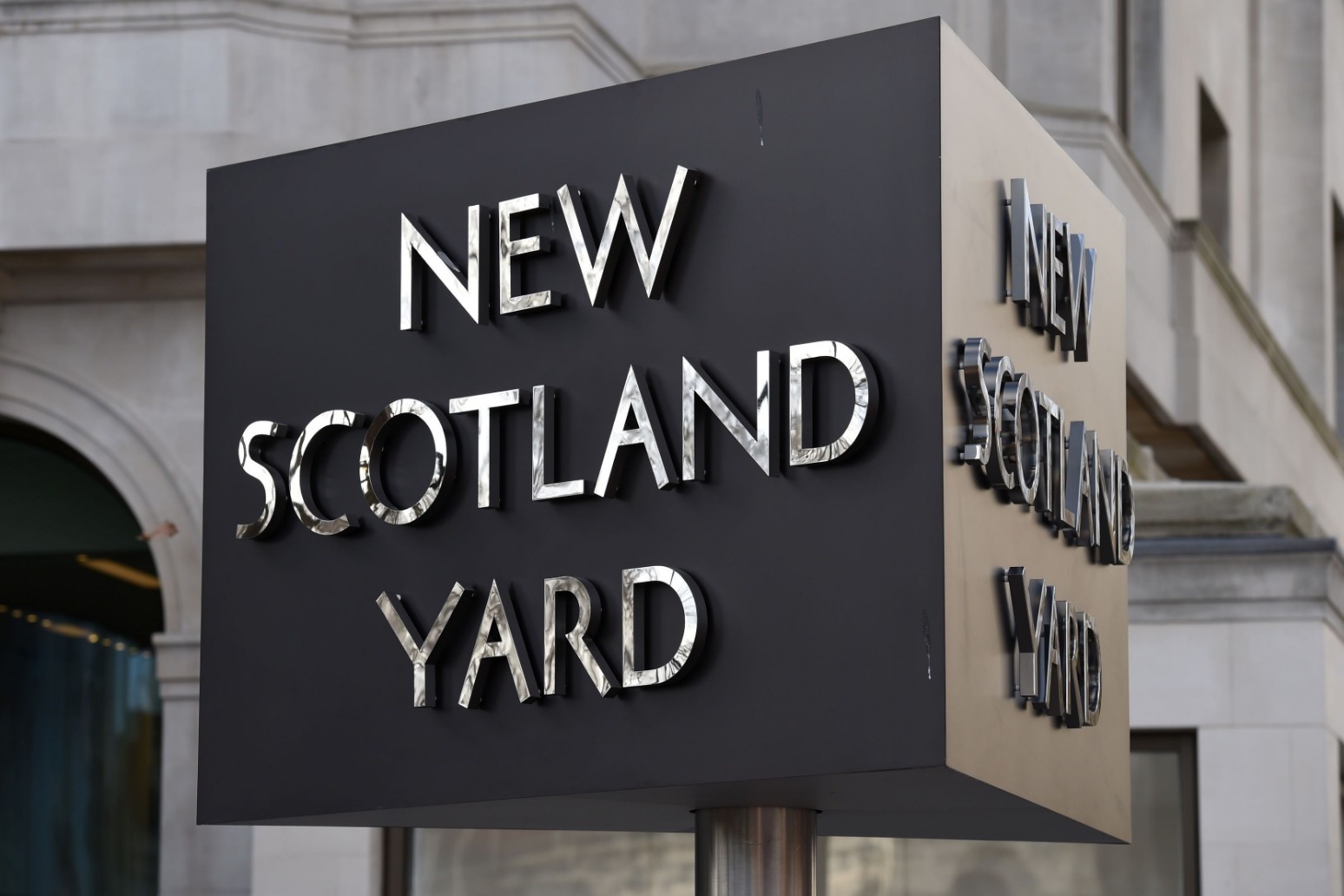
I want to hear from those we have let down, says Met boss
The head of Britain’s biggest police force has said he wants to hear from those who have been let down by the service, as he insisted that “constructive anger” can bring about positive change.
Metropolitan Police Commissioner Sir Mark Rowley admitted the organisation has been “far too weak” and said he wants to speak with “the challengers, those who care, who will call out injustice but also show things as they are”.
Sir Mark, who took over as the boss at Scotland Yard earlier this month, said he is “determined” to get the culture at the Met – which been plagued by a series of scandals and missteps in recent years – right, and that he wants the support of others to inform his plans.
In an open letter, shared on LinkedIn, under the title “Bringing the outside in, to get change right”, he said he wants to work with people “who will speak truth to power and help us reform”.
He wrote: “I need to and want to hear from those we have let down, from our communities in London and within the Met. Constructive anger, channelled in the right ways, can bring positive change.
“I have taken over as the leader of an organisation that has been far too weak in taking on those who undermine the honest and dedicated majority who determinedly serve the public.
“And I have set out how I will be ruthless at rooting out from this organisation the corrupting officers including racists and misogynists.”
He said he had spoken with many people and groups, “including associations representing Black, Muslim, Polish and LGBT+ colleagues”.
He added: “One group, the Met Black Police Association, I have spoken to three times. I have also spoken to colleagues who represent women who have too often been let down.
“These conversations can be challenging. I heard one network for Black officers is disregarded publicly by another and that some of our staff associations are dominated by men.”
The post was shared on the Met official Twitter account, which quote-tweeted a Guardian article reporting that the commissioner had refused to meet the president of the the National Black Police Association amid a suggestion officers would be banned from “taking the knee”.
In the open letter, Sir Mark said he has “real concerns” and needs to be sure he is talking to “the right people”.
He added: “Also, I find myself considering the role of the media, holding us to account when we get it wrong and also recognising the nuance, the complexity of things and not simply jumping for a headline.
“I believe in systemic change that demonstrates the Met can be better, not glossy articles suggesting it is repaired.
“I will continue to search for a meaningful partnership with those who will speak truth to power and help us reform.”
The post comes just days after a watchdog raised “serious concerns” about the performance of the Met after it found the force was “failing” in several areas of its work.
His Majesty’s Inspectorate of Constabulary and Fire & Rescue Services (HMICFRS) said Scotland Yard must make urgent improvements as it published its findings last week.
The watchdog graded the force as inadequate in the way it responds to the public, while finding it required improvement in investigating crime, protecting vulnerable people, managing offenders, developing a positive workplace and making a good use of resources.
The findings came three months after the Met was put into special measures by the watchdog amid “persistent concerns” about its performance, including incidents which “raised issues around confidence and trust”.
Sir Mark’s stint as Commissioner began during what is arguably one of the most turbulent times for the Met.
He took on the role after Dame Cressida Dick dramatically quit earlier this year and while the force has been plagued by a series controversies.
In a sternly-worded letter before his tenure began, then-home secretary Priti Patel demanded Sir Mark address the “appalling mistakes of the past”, listing the murder of Sarah Everard by a serving officer, strip searches of children, and the abject failures investigating the deaths of the victims of serial killer Stephen Port among the key issues that had damaged public confidence.
There has also been outrage over racist, sexist and homophobic messages shared by a group of officers based at Charing Cross police station between 2016 and 2018, questions raised over the force’s approach to tackling corruption and its use of stop and search as well as ongoing investigations into deaths following police contact, including that of Chris Kaba, who was fatally shot by an officer.
Published: by Radio NewsHub